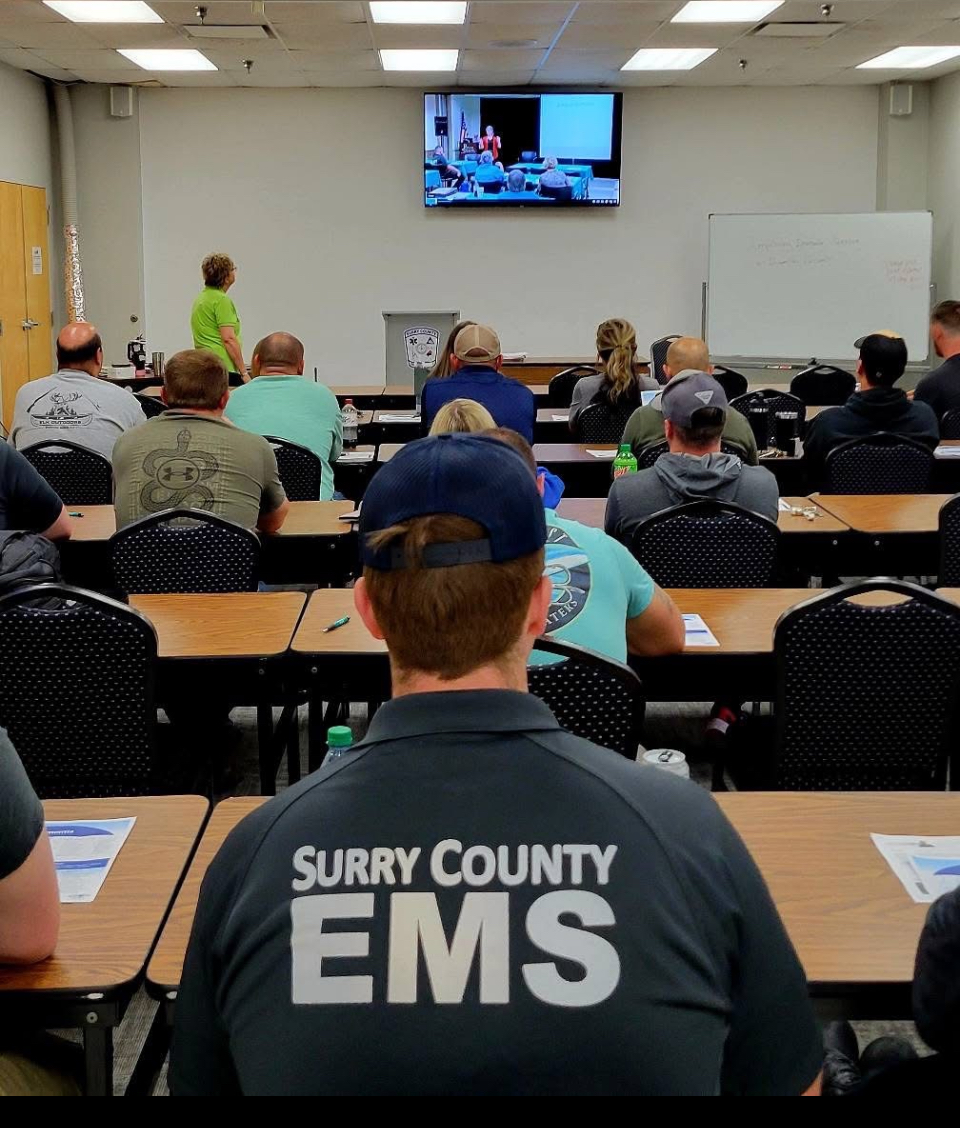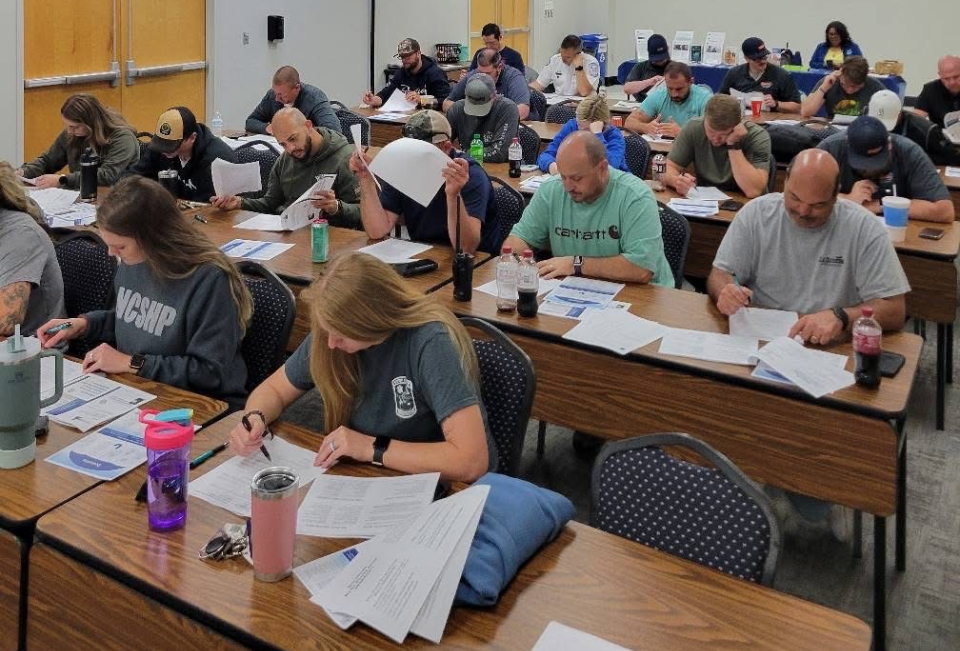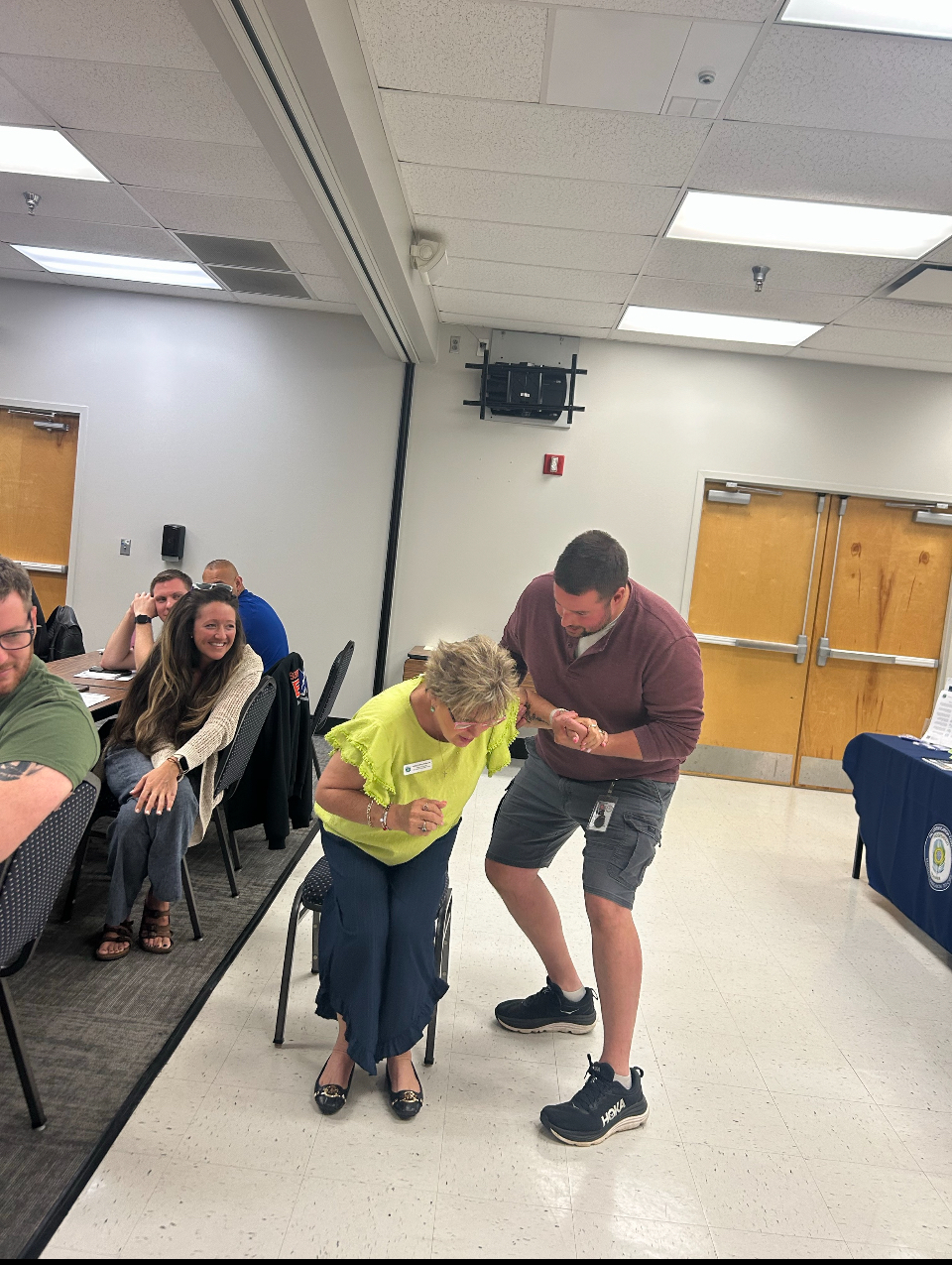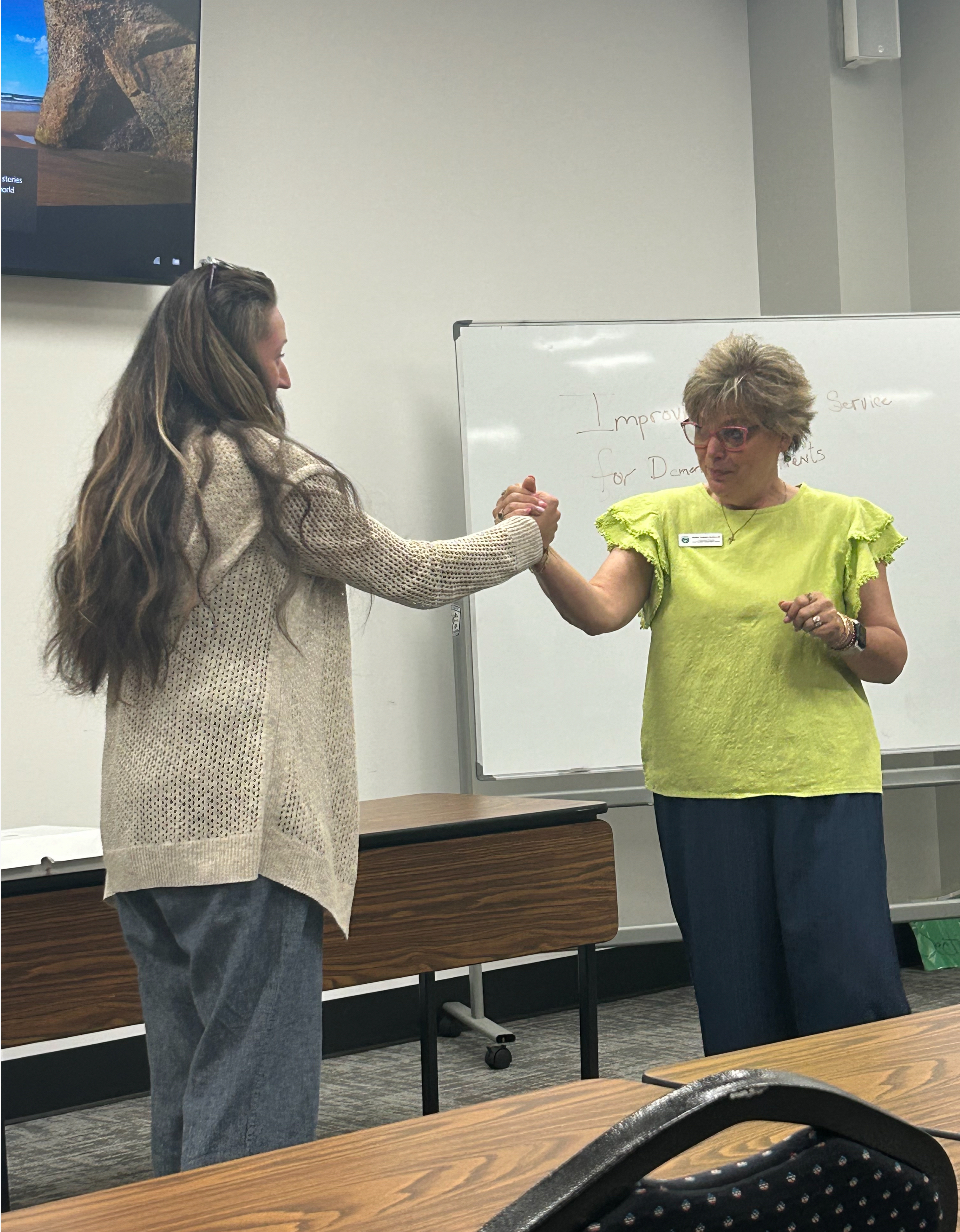Useful EMS Skills for Treating Dementia Patients

The numbers are stark: 42% of Americans over age 55 will eventually develop dementia, according to the National Institutes of Health. With the U.S. population aging, the number of new dementia cases is expected to double by 2060. Today, over 5 million Americans have Alzheimer’s disease, the most common form of dementia.
These trends are concerning for EMTs and paramedics, as they mean a growing number of their patients will have dementia. This is why Mountain Valley, a hospice and palliative care organization in North Carolina, is offering ongoing dementia training to EMTs and paramedics through Teepa Snow’s Positive Approach to Care.” In May 2025, Mountain Valley held a three-day dementia awareness training course with the state’s Surry County EMS agency.
 “The goal of this program is to provide learners with an updated understanding of dementia, focusing on common symptoms and behaviors that are challenging for public service and security providers,” explained Mountain Valley Community Educator Kelley Tolbert-Holbrook. She led the training session with Christy Joyce, Mountain Valley’s We Honor Veterans liaison.
“The goal of this program is to provide learners with an updated understanding of dementia, focusing on common symptoms and behaviors that are challenging for public service and security providers,” explained Mountain Valley Community Educator Kelley Tolbert-Holbrook. She led the training session with Christy Joyce, Mountain Valley’s We Honor Veterans liaison.
The training teaches EMTs and paramedics to recognize different stages of dementia, understand how the condition affects a person's reality, and learn strategies to improve EMS interactions for everyone's benefit. “The session is highly interactive and has a lot of role play,” Tolbert-Holbrook said. “At first, everyone's a little timid, but then it's like, 'Oh, this is so cool.'"
According to Tolbert-Holbrook, it’s crucial for EMS providers to give dementia sufferers clear visual and verbal cues before initiating any kind of physical contact. This helps reduce patient anxiety and makes treatment easier to accept. As well, as dementia progresses, a person's binocular vision deteriorates, making it hard for them to accurately see their environment and their place in it. Eventually, their brain may even shut off information from one eye, leaving them with monocular vision.
 Given the confusion a dementia patient experiences in this situation, specialized training for EMTs and paramedics is clearly beneficial. “With these folks, you really have to slow down,” Tolbert-Holbrook advised. “Once you know they have their eyes on you, reach out your hand. That's one of the skills retained during dementia. When they take your hand, that gives you permission to get a little closer. Then, stand to their dominant side so you can talk to them without looking like you're blocking them.”
Given the confusion a dementia patient experiences in this situation, specialized training for EMTs and paramedics is clearly beneficial. “With these folks, you really have to slow down,” Tolbert-Holbrook advised. “Once you know they have their eyes on you, reach out your hand. That's one of the skills retained during dementia. When they take your hand, that gives you permission to get a little closer. Then, stand to their dominant side so you can talk to them without looking like you're blocking them.”
Once an EMS provider has the patient's hand, they can use their free hand to gently guide the patient to a chair or into the ambulance. It's worth noting that dementia patients will instinctively mirror the actions of trusted individuals they're interacting with. “When you bend over, they bend over,” said Tolbert-Holbrook. “They don't even realize it, and they just sit right down.”
 Maintaining a calm, positive attitude with plenty of eye contact and reassuring physical touch is vital when treating a dementia patient. For example, to administer an IV, one EMT or paramedic should hold the patient’s hands and offer constant reassurance and eye contact, while the other inserts the IV needle and starts the flow. "Your focus must stay on the person you're talking to," Tolbert-Holbrook said. "If they start to look away, pump their hand, and it will bring them back to you every time."
Maintaining a calm, positive attitude with plenty of eye contact and reassuring physical touch is vital when treating a dementia patient. For example, to administer an IV, one EMT or paramedic should hold the patient’s hands and offer constant reassurance and eye contact, while the other inserts the IV needle and starts the flow. "Your focus must stay on the person you're talking to," Tolbert-Holbrook said. "If they start to look away, pump their hand, and it will bring them back to you every time."
Justin Jarrell, Surry County Emergency Services' Training Officer, strongly supports this type of dementia training. "Anytime we're working with patients with an illness such as dementia, these are challenging situations for our providers," he said. "We want to give these patients the best care possible. Thanks to the training we just received, our people should be able to assess and treat dementia patients more effectively, calming their situation and caring for them a lot better."
Training EMTs and paramedics to understand and manage dementia patients more effectively benefits everyone involved. The Alzheimer's Association is offering a free online training course for EMS, fire, and police professionals called, “Approaching Alzheimer's: First Responder Training.”















